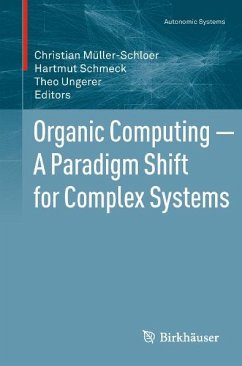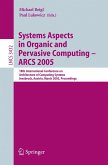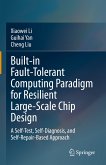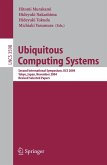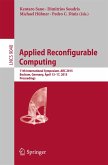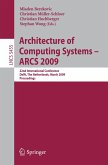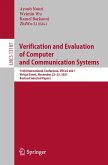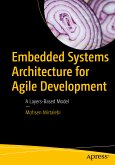These networks of intelligent systems surrounding us open fascinating application areas and at the same time bear the problem of their controllability. Hence, we have to construct such systems as robust, safe, flexible, and trustworthy as possible. In particular, a strong orientation towards human needs as opposed to a pure implementation of the technologically possible seems absolutely central. The technical systems, which can achieve these goals will have to exhibit life-like or "organic" properties. "Organic Computing Systems" adapt dynamically to their current environmental conditions. In order to cope with unexpected or undesired events they are self-organising, self-configuring, self-optimising, self-healing, self-protecting, self-explaining, and context-aware, while offering complementary interfaces for higher-level directives with respect to the desired behaviour. First steps towards adaptive and self-organising computer systems are being undertaken. Adaptivity, reconfigurability, emergence of new properties, and self-organisation are hot topics in a variety of research groups worldwide.
This book summarises the results of a 6-year priority research program (SPP) of the German Research Foundation (DFG) addressing these fundamental challenges in the design of Organic Computing systems. It presents and discusses the theoretical foundations of Organic Computing, basic methods and tools, learning techniques used in this context, architectural patterns and many applications. The final outlook shows that in the mean-timeOrganic Computing ideas have spawned a variety of promising new projects.
Dieser Download kann aus rechtlichen Gründen nur mit Rechnungsadresse in A, B, BG, CY, CZ, D, DK, EW, E, FIN, F, GR, HR, H, IRL, I, LT, L, LR, M, NL, PL, P, R, S, SLO, SK ausgeliefert werden.
"This book discusses OC with regard to concepts, algorithms, architectures, hardware/software codesigns, the role of learning, user interactions, methods, and applications. It presents not only the basics of OC, but also the current state of research. ... Researchers will find this book to be a good guide for OC, and it can be used as a textbook for a graduate or postgraduate course involving OC systems. Computer architects and managers in the industry will also find the book very useful." (Maulik A. Dave, ACM Computing Reviews, January, 2012)

